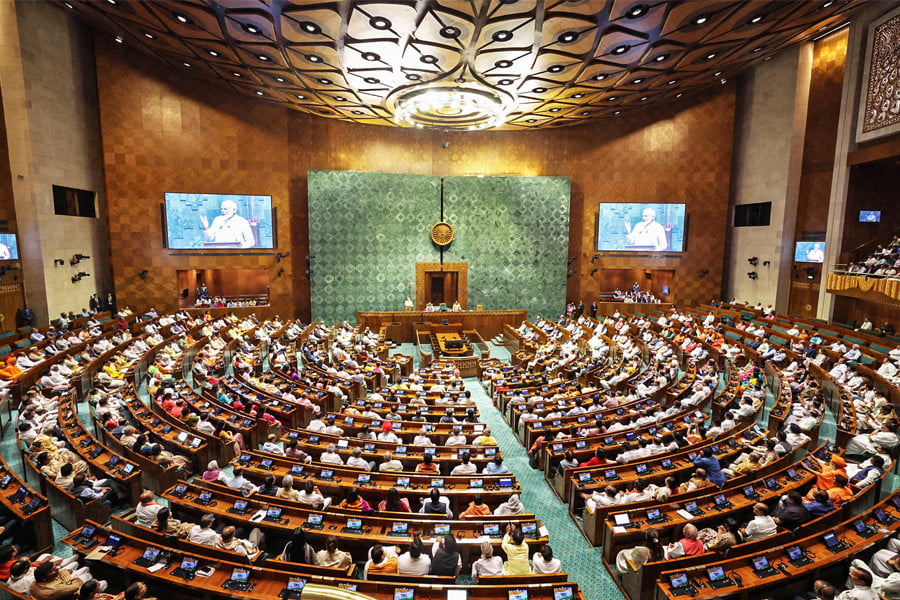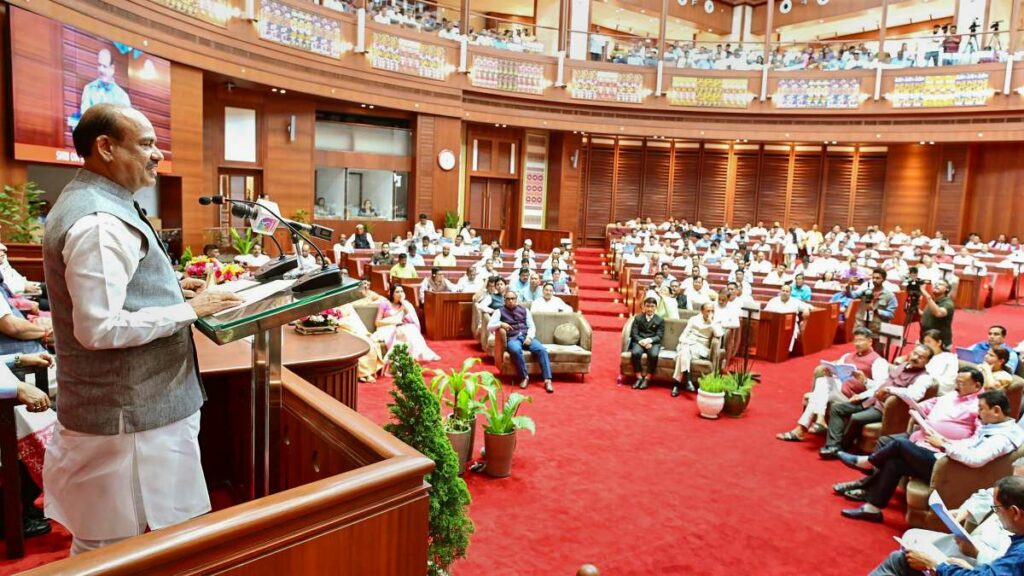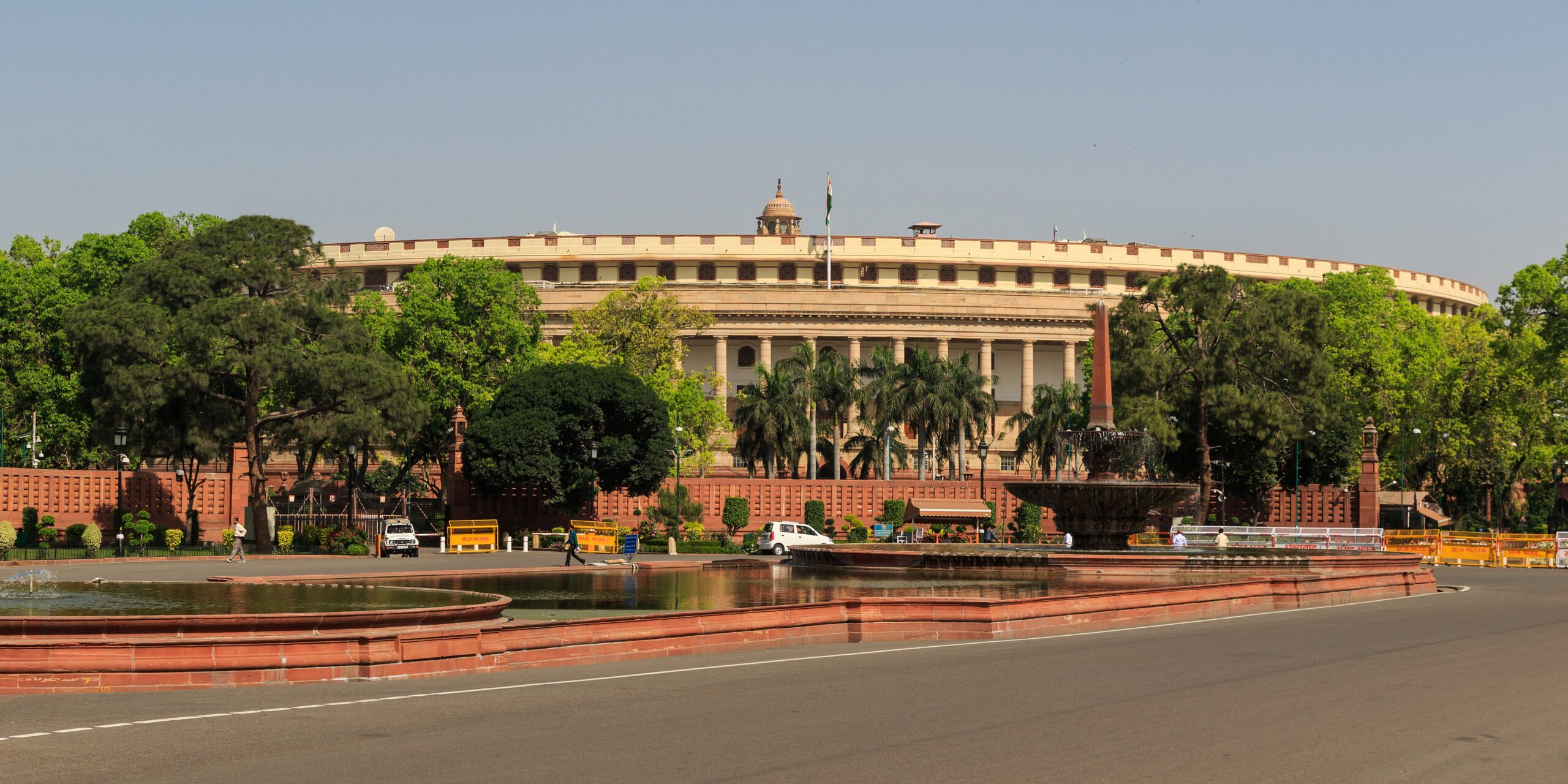In a democratic nation where politics shapes the destiny of millions that prides itself on transparency and accountability, a recent report by the Association of Democratic Reforms (ADR) has cast a shadow over India’s political landscape.
Analysing the self-sworn affidavits of 514 sitting Lok Sabha MPs, the report reveals alarming statistics that underscore the urgent need for reform. From criminal charges to staggering wealth disparities, the findings paint a grim picture of power dynamics in the world’s largest democracy.
The report analysis extends far beyond mere statistics, delving into the very heart of the democratic process and the principles of transparency and accountability that underpin it, as it forces every citizen to confront uncomfortable truths about the distribution of power and privilege within our political institutions, and the impact that these dynamics have on the lives of ordinary citizens.
What are the key findings of the ADR report?
The cornerstone of the ADR report lies in its revelation that 44 per cent of sitting MPs have declared criminal cases against themselves. Among these, 29 per cent face serious charges, ranging from murder to crimes against women. The prevalence of such serious allegations raises questions about the integrity and suitability of those entrusted with representing the people. It is particularly concerning that nine sitting MPs are embroiled in murder cases, with a significant portion belonging to the ruling Bharatiya Janata Party (BJP).

Beyond the realm of criminality, the report sheds light on the financial disparities among lawmakers. Shockingly, 5 per cent of sitting MPs are billionaires, boasting assets exceeding Rs 100 crore. This vast wealth divide among elected representatives raises eyebrows and begs the question of whose interests they truly represent. The fact that the BJP and the Congress have the highest number of billionaire MPs further highlights the entrenched nature of wealth and power in Indian politics.
Looking at the state-wise distributions, the ADR report offers insights into the distribution of criminal cases among states, with Uttar Pradesh, Maharashtra, Bihar, Andhra Pradesh, Telangana, and Himachal Pradesh emerging as hotspots. This regional disparity underscores the need for targeted interventions to address systemic issues plaguing certain regions.
Analysing the wealth disparities from the reports uncovers glaring wealth disparities among MPs, with some declaring assets worth hundreds of crores while others possess minimal wealth. Nakul Nath, DK Suresh, and Kanumuru Raghu Rama Krishna Raju top the list of MPs with the highest declared assets, each boasting assets in the hundreds of crores.
The report also discloses that a staggering 16 MPs face charges related to crimes against women, with three allegations of rape among them. These revelations cast a stark light on the prevalence of gender-based violence within the corridors of power, raising serious concerns about the safety and representation of women in Indian politics.
Insights into the educational background, age, and gender distribution among MPs paint a revealing portrait of the political landscape. While a significant 73 per cent of MPs hold graduate degrees or higher, women remain severely underrepresented, constituting only 15 per cent of sitting MPs. This stark gender gap also highlights the pressing need for greater gender parity and inclusivity in Indian politics.
When power comes into the wrong hands
Beyond the headlines and statistics lies the human toll of power wielded irresponsibly. When elected representatives with tainted pasts and unchecked wealth ascend to positions of authority, the consequences reverberate throughout society, touching lives in ways both subtle and profound. For ordinary citizens, the erosion of trust in democratic institutions translates into a loss of faith not just in their leaders, but in the very foundations of governance. It breeds cynicism and apathy, as disillusionment sets in, leaving individuals feeling disconnected and disempowered in their democracy.

The ramifications of having MPs with criminal backgrounds and immense wealth extend far beyond the confines of the political arena. When power falls into the wrong hands, the consequences for citizens can be dire. Corruption, criminality, and the influence of money in politics erode public trust in democratic institutions, fostering a sense of disillusionment among the electorate.
Moreover, the underrepresentation of women and the disparities in educational background among MPs exacerbate existing inequalities in Indian society that stand out as a pressing issue now. The reverberations of corruption and criminality extend well beyond the political realm, infiltrating the very fabric of society. Communities find themselves fractured along lines of privilege and power, with the affluent and well-connected prospering while the marginalised and disenfranchised languish on the periphery.
In a nation striving for inclusivity and social equity, these disparities serve as a poignant testament to the challenges that still lie ahead and the imperative for transparency, accountability, and ethical leadership in governance; it marks the need to confront the systemic challenges laid bare by the report. Only then can India chart a course towards a more equitable and just political landscape, where the voices and interests of all citizens are heard and respected, making it truly a democratic nation..
How this impacts the public perception of democratic institutions
According to the reports, the revelations unearthed by the ADR report have ignited a wave of introspection and concern among the public regarding the integrity of India’s democratic processes. Citizens, already grappling with issues of governance and accountability, are now confronted with the stark reality of criminality and wealth disparities among their elected representatives. This erosion of trust in democratic institutions threatens to undermine the very foundation of democracy, as citizens question whether their voices truly matter in the corridors of power.
As India navigates through these turbulent waters, restoring public faith in democratic ideals becomes paramount. These findings of the ADR report call for a renewed commitment to transparency, accountability, and ethical leadership in governance, safeguarding the enduring principles of democracy even in challenging times.
The findings of the ADR report serve as a wake-up call for both policymakers and citizens alike. This is not merely a matter of tweaking existing policies or implementing superficial changes; rather, it requires a fundamental reimagining of our democratic institutions and a commitment to building a more inclusive and equitable society for all whereas urgent measures are needed to cleanse the political system of criminal elements and undue influence, ensuring that power truly rests in the hands of those who serve the people’s interests. By holding elected representatives accountable and demanding greater transparency, India can reclaim the promise of democracy and pave the way for a brighter future for all its citizens.




